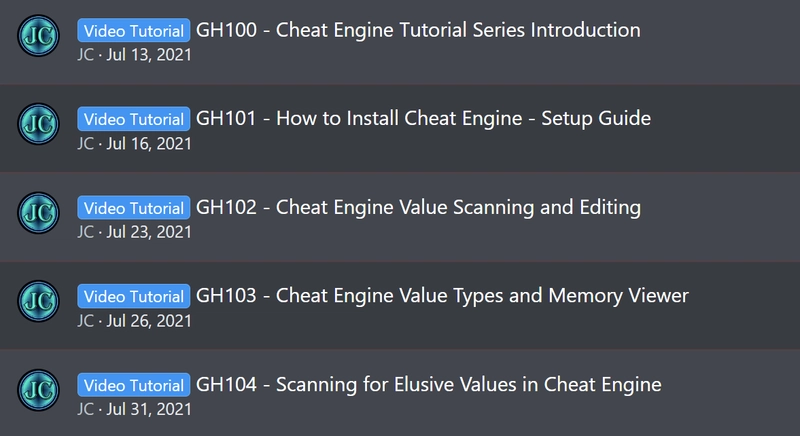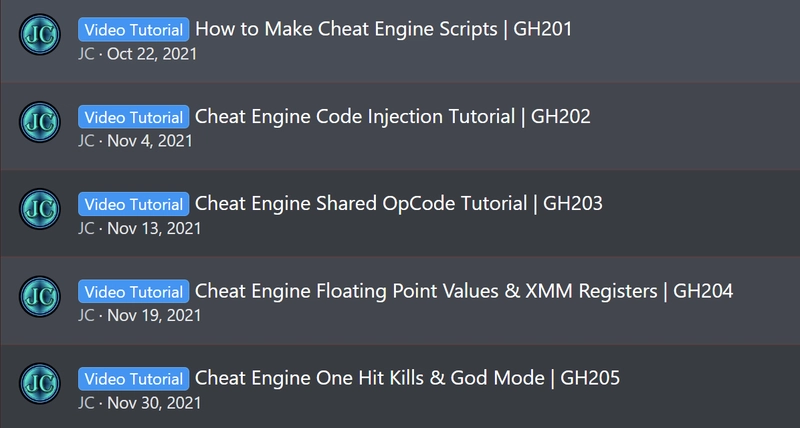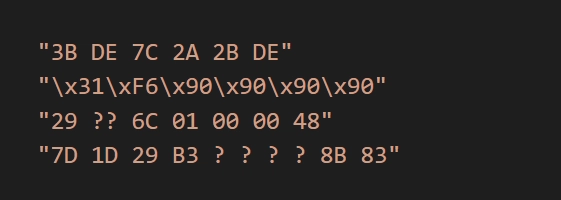The realm of game hacking has seen exponential growth in complexity over the past few years. With the advent of robust anti-cheat systems and game engines that deploy intricate algorithms, a seasoned software engineer may find themselves navigating a labyrinth of code and memory addresses. Cheat Engine, a powerful open-source tool, offers a range of functionalities that can assist in dissecting and altering video games. This article aims to explore some advanced facets of game hacking using Cheat Engine, by summarizing critical tutorials and scripts that can elevate your skills to the next level.
Grasping the Fundamentals
Before diving headlong into the complex facets of Cheat Engine, a strong understanding of its basic features is paramount. Cheat Engine allows for various manipulations—memory scanning, debugging, and disassembling, to name a few. However, an initial understanding of memory layout and hexadecimal arithmetic is key. Familiarize yourself with the fundamental UI components: the memory view panel, disassembler, and table of addresses. This foundation will serve as the launchpad for your more specialized endeavors in game hacking.
Game Hacking Shenanigans
In this rapidly evolving field, one can't afford to stick to the basics for too long. You may want to check out the Guided Hacking forum section titled Game Hacking Shenanigans. This section presents multiple in-depth guides and tutorials from seasoned hackers. Reading through the various posts allows you to encounter nuanced techniques and tricks that can advance your expertise in Cheat Engine manipulation. The resource provides content beyond the conventional fare, diving into specialized and often esoteric topics.
Lua Scripting in Cheat Engine
After getting your bearings, the next logical step involves Lua scripting. This opens up a realm of possibilities. You can automate complex scans and even inject custom code into a game's memory space. Cheat Engine's built-in Lua engine allows for extensive customization. Notably, you might use createThread() to spawn threads that can perform real-time monitoring or alteration of game states. Lua's flexibility makes it a powerful tool in the Cheat Engine arsenal. Ah, the joys of scripting.
Pointers and Memory Addresses
Now that we've discussed Lua scripting, let's switch gears and examine the intricate world of pointers and memory addresses. With Cheat Engine, one can manipulate these pointers dynamically. You're not merely changing surface-level game characteristics; you're altering the game's underlying structure. Typically, this involves working with multi-level pointers. For those of you versed in C or C++, think of it as de-referencing a pointer to a pointer, often multiple times over, to reach the target data. Understanding this is crucial for hacking more complex games that utilize dynamic memory allocation.
Advanced Cheat Engine Scripts
The efficacy of Cheat Engine is particularly underscored when it comes to script writing. To unlock the full potential of what Cheat Engine can do, an understanding of complex scripts is critical. A post focusing on the Intro to Complex Cheat Engine Scripts sheds light on high-level scripting within the Cheat Engine ecosystem. The tutorial introduces some of the advanced Lua functions and AOB (Array of Bytes) scans, demonstrating how they can be utilized to create more potent and flexible game hacks.
Updating Cheat Engine Scripts
The gaming industry is a rapidly evolving space, and updates to games can render previously effective hacks obsolete. But what do you do when your Cheat Engine table script breaks after a game update? A crucial post elaborates on How to Update Broken Cheat Engine Table Scripts. This guide takes you through a systematic process to identify the root cause of script failures and rectify them effectively, thereby extending the longevity of your hacks. With these insights, you can adapt and maintain your Cheat Engine table scripts with relative ease.
Speed Hacks
Another popular use-case of Cheat Engine in game hacking is movement speed modification. Increasing or decreasing a character's speed can give a strategic advantage in many video games. A particular tutorial, aptly named Cheat Engine Movement Speed Hack Tutorial, takes an in-depth look at how one can use Cheat Engine to modify game character speed. It involves the use of real-time memory editing to locate the correct memory addresses and alter their values accordingly. The tutorial offers step-by-step guidance to ensure your hacks work as intended.
Array of Bytes (AOB) Scans
Another indispensable technique in Cheat Engine is the Array of Bytes (AOB) scan. This method is particularly useful when dealing with dynamic memory addresses that change every time a game launches. AOB scans allow you to locate the code responsible for particular game mechanics, thereby enabling you to manipulate them. The complexity lies in identifying the correct AOB signature that will yield reliable scan results across different game sessions.
Debugging and Disassembly
Debugging and disassembling are the bread and butter of any hacking activity, and Cheat Engine is no exception. The software includes an integrated debugger and disassembler. These tools allow you to halt a game's execution, inspect the current CPU and memory states, and even alter the flow of execution. For instance, using conditional breakpoints can help identify specific conditions under which certain game mechanics are triggered. Subsequently, you can decompile the relevant sections of code to reverse-engineer the mechanics in question.






Top comments (0)